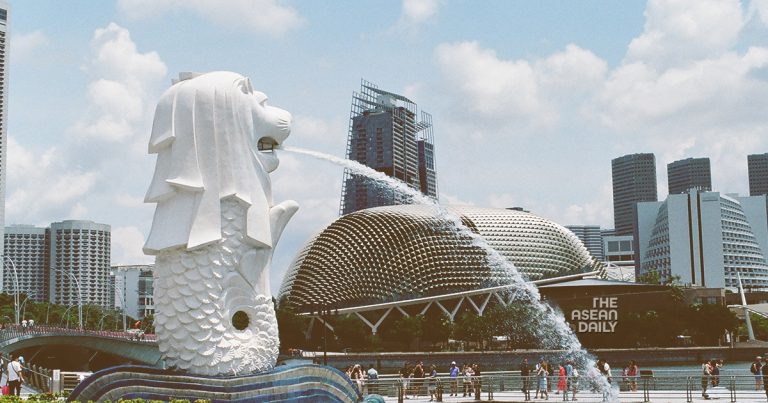27-9-2023 (SINGAPORE) The price of water in Singapore is set to surge by 50 cents per cubic metre over the next two years, equating to an increase of approximately 18 percent.
In an announcement made on September 27, the national water agency PUB attributed this hike to the escalating costs of water production and supply. Factors such as growing water demand and external cost pressures were cited as the primary reasons behind the increase.
To address concerns over the rising cost of living and the water price hike, the government has pledged additional financial support, particularly for households with lower and middle incomes. Further details regarding this assistance will be provided by the Ministry of Finance in due course.
The current water price stands at S$2.74 per cubic metre. The increase will be implemented in two phases, with a 20-cent rise per cubic metre taking effect from April 1, 2024, followed by an additional 30-cent increase from April 1, 2025.
This gradual approach aims to help households and businesses adjust to the higher prices and allow them more time to adopt water conservation measures. The yearly increment of about 2.5 percent since the last price revision in 2017 contrasts with the 30 percent increase applied at that time.
PUB emphasized that deferring the water price increase would result in a “snowballing effect,” leading to even steeper price hikes in the future. The agency also highlighted the substantial rise in the cost of water production and supply since the 2017 revision, despite implementing various cost mitigation measures.
External cost pressures, including increased energy, construction, chemical, and maintenance costs, have been the main contributors to the rising expenses. The reliance on weather-resilient water sources such as NEWater and desalination, prompted by climate change-induced extreme weather events and prolonged droughts, has added to the energy-intensive and costly water treatment process. PUB has faced a 37 percent increase in average electricity market tariffs, resulting in higher energy costs.
Furthermore, construction costs have surged by 35 percent, while essential chemicals for water treatment have experienced a 33 percent price hike. Maintenance costs have also risen by 18 percent due to increased manpower expenses for contracted services.
One prominent example of rising costs is the ongoing construction of the Deep Tunnel Sewerage System (DTSS) phase two, which is estimated to cost S$6.5 billion. This amount is twice that of phase one, primarily due to increased manpower and construction expenses. The cost of constructing the deep tunnels has tripled in phase two.
The DTSS is a significant infrastructure project undertaken by PUB, facilitating the conveyance of wastewater from western Singapore to the upcoming Tuas Water Reclamation Plant. As of September 22, around one-third of the Tuas Water Reclamation Plant has been completed. The DTSS will free up 150 hectares of land currently used for water infrastructure and reduce energy consumption by utilizing gravity for water conveyance.
In addition to addressing cost pressures and meeting future demand, the water price increase will enable PUB to sustain its operations, develop new assets, and renew existing ones to ensure a reliable water supply for Singapore residents.
PUB has assured that, starting from April 2025, three-quarters of households will experience an increase of less than S$10 in their monthly water bills before government support. Similarly, three-quarters of businesses can expect an increase of less than S$25 in their monthly water bills.
To alleviate the impact of the price hike and other concerns related to the cost of living, such as the Goods and Services Tax (GST) hike and public transport fare increases, the government will extend additional financial support, with a particular focus on lower- and middle-income households. Further details on this assistance will be announced by the Ministry of Finance.
PUB will collaborate with the Ministry of Trade and Industry and relevant authorities to discourage businesses from profiteering. Meanwhile, households can seek support through PUB’s and the National Environment Agency’s Climate Friendly Households Programme, which offers e-vouchers to offset the costs of installing water-efficient appliances. Businesses, on the other hand, can leverage PUB’s Water Efficiency Fund to implement water recycling and efficient systems and technologies.




